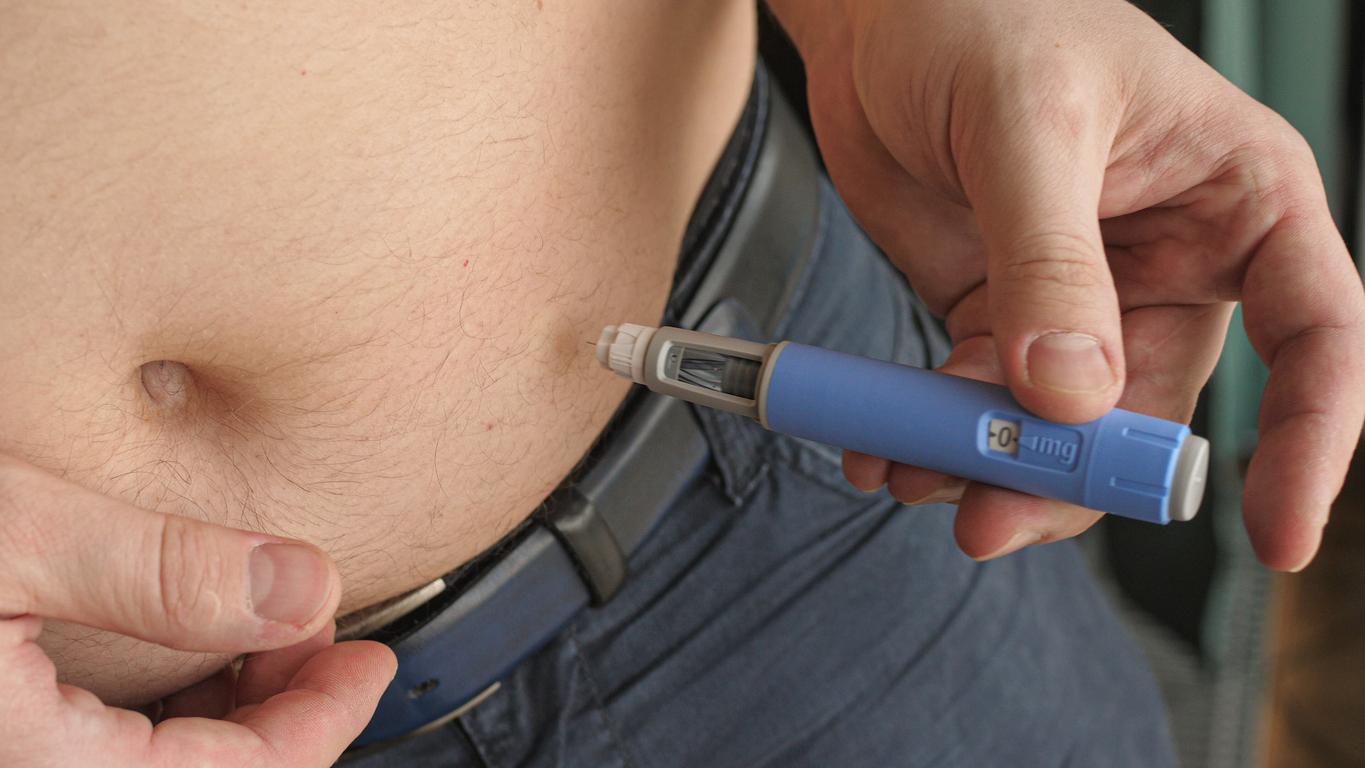
It could be your thyroid
Your thyroid may be working too slowly or too quickly. In both cases this causes complaints. Fortunately, there are solutions in both cases.
Do you drag yourself through the day? Are you cold, have you gained weight and are you suffering from hair loss? Or are you stressed, and do you perspire a lot? Maybe your thyroid is out of whack.
The thyroid gland is shaped like a butterfly, located in your neck and produces hormones that control the speed of your metabolism. If it does not function properly, a slower or faster metabolism is the result, with all kinds of symptoms as a result.
Too slow or too fast?
If you gain weight suddenly, it may be because too few thyroid hormones are being produced. You then have hypothyroidism, or an underactive thyroid. If the thyroid produces too many hormones, you have hyperthyroidism, a fast-acting thyroid gland. You can suddenly lose weight. An underactive thyroid is more common than a fast-acting one.
In many cases you can also recognize the condition by a swelling in the neck. Such a goiter can arise in both hypothyroidism and hyperthyroidism and you can discover it yourself. Tilt your head back slightly, take a sip of water and feel when you swallow between your Adam’s apple and collarbones. Is there a bulge? Then make an appointment with the doctor.
Symptoms
A thyroid disorder can affect your heart rate: it slows down with an underactive thyroid, and accelerates with an overactive thyroid, which can also increase blood pressure. Furthermore, your mood is affected, as well as how much energy you have: hypothyroidism makes you tired, sluggish and depressed, while hyperthyroidism makes you restless and irritable and can cause sleeping problems.
Then you can also suffer from hair loss and your body temperature can become disrupted: people with an underactive thyroid often feel cold. With a fast-acting thyroid, you sweat more than usual and you like to look for the coolness.
Finally, possible symptoms of hypothyroidism include dry skin, brittle nails, dead or tingling sensations in the hands, constipation, and abnormal periods. And with hyperthyroidism: muscle weakness, trembling hands, poor vision, diarrhea and irregular periods.
Many of these symptoms also occur during menopause. Are you in doubt? The doctor can determine the amount of thyroid hormones, as well as the amount of sex hormones, with a simple blood test. You may suffer from both. An underactive thyroid is most common in women over the age of 60; a fast-acting thyroid is also more common in women, especially if the condition runs in the family. Do you suspect that you are suffering from your thyroid? Then go to your doctor.
Hormones in pill form
If you make too few thyroid hormones, your doctor will probably prescribe them in pill form. Within a few weeks you will feel much better. In the long run, your cholesterol and weight will drop, and you will have more energy. Most people should continue to take these medications. If the thyroid gland produces too many hormones, you will be given anti-thyroid medication. This can make the condition disappear, but most people will have to take the medicines for a long time.
Sometimes you also get medicines that, for example, slow your heart rate and counteract the shaking. If the anti-thyroid drugs don’t help, the thyroid can be destroyed with drugs or surgically removed. Then you have to start taking thyroid hormones again.
















